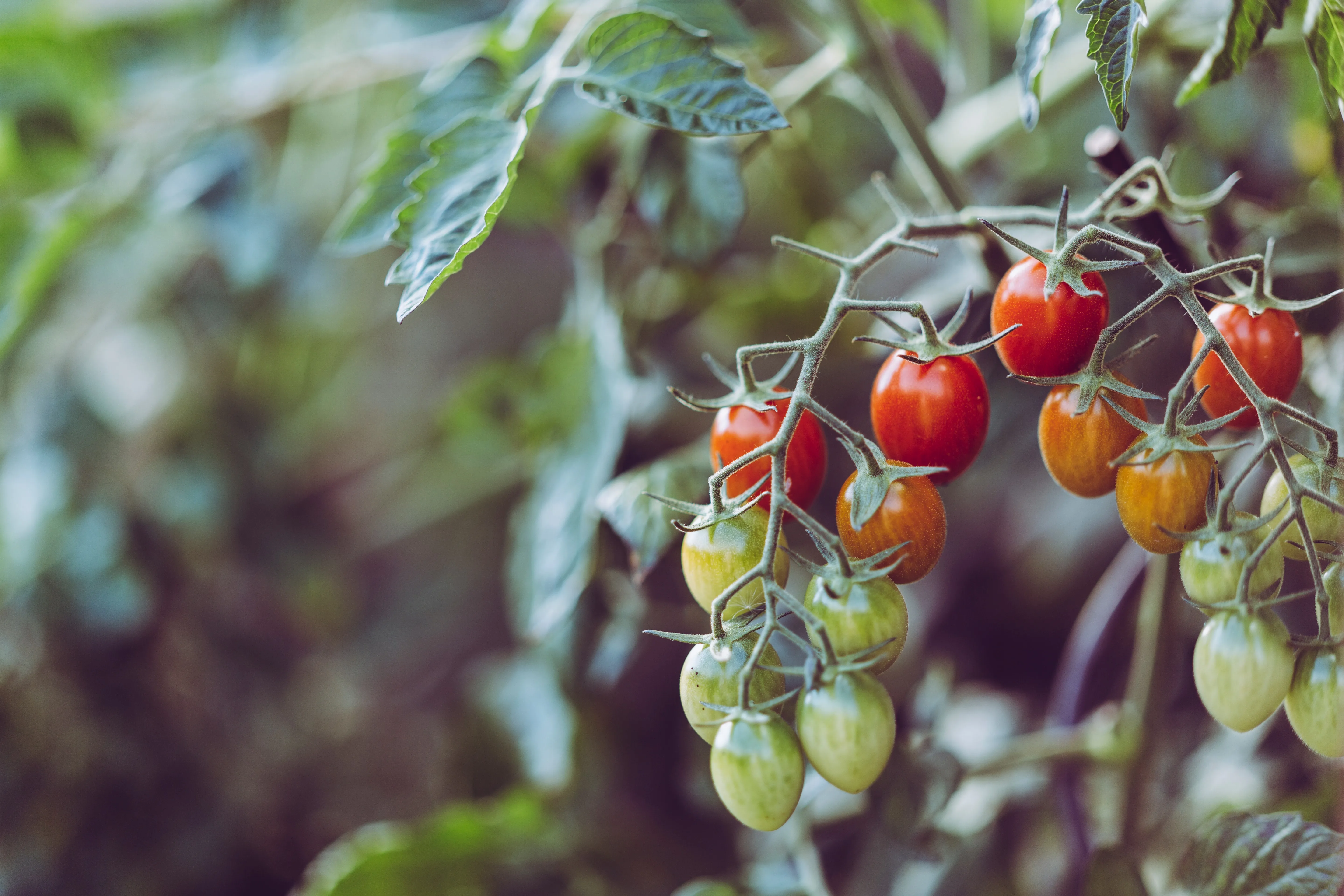Building Collaborative Partnerships for Sustainable Agriculture
Discover how collaborative partnerships revolutionize sustainable agriculture in Bangalore. Learn about the benefits of cooperation among farmers, such as shared resources, collective problem-solving, and enhanced community strength, all contributing to a more sustainable and productive agricultural environment.

Introduction:
In the journey towards sustainable agriculture, collaborative partnerships stand as a cornerstone, especially in the diverse agricultural landscape of Bangalore. Vriksha Farms advocates for the power of collaboration among farmers to foster a more sustainable, efficient, and community-oriented approach to farming.
The Power of Collaboration in Agriculture:
Collaboration in agriculture goes beyond mere networking; it involves forming partnerships where resources, knowledge, and skills are shared for mutual benefit. In a region like Bangalore, where farming challenges can be as diverse as the landscape, collaborative efforts can lead to innovative and sustainable solutions.
Benefits of Collaborative Partnerships:
- Resource Sharing: Partnerships allow for the sharing of machinery, seeds, and other resources, reducing costs and increasing efficiency.
- Collective Problem-Solving: A group of farmers working together can address common challenges more effectively than working in isolation.
- Knowledge and Skill Exchange: Collaborative partnerships facilitate the exchange of innovative farming techniques and local knowledge.
- Strengthening Community Bonds: Working together strengthens the sense of community among farmers, fostering a supportive and resilient agricultural network.
Collaborative Models in Bangalore's Agriculture:
Bangalore's farmers can engage in various collaborative models, such as cooperative farming, joint ventures, or community-supported agriculture (CSA) programs. These models not only support individual farmers but also contribute to the region's overall agricultural development.
Sustainable Practices through Collaboration:
Collaborative partnerships can drive sustainable practices, such as organic farming, water conservation, and soil health improvement. By working together, farmers can implement these practices more effectively and on a larger scale.
Overcoming Challenges through Unity:
The challenges faced by farmers in Bangalore, such as climate change, market fluctuations, and resource limitations, can be more effectively addressed through united efforts.
Conclusion:
Building collaborative partnerships is a strategic step towards achieving sustainable agriculture in Bangalore. These partnerships not only benefit individual farmers but also contribute to the larger goal of environmental stewardship and community resilience. Vriksha Farms is committed to fostering these partnerships, believing that together, we can create a more sustainable and prosperous agricultural future.
Call to Action:
Join Vriksha Farms in building collaborative partnerships for sustainable agriculture. Explore opportunities to connect with fellow farmers and engage in joint efforts to enhance the productivity and sustainability of your farming practices. Together, let's cultivate a brighter future for agriculture in Bangalore.
